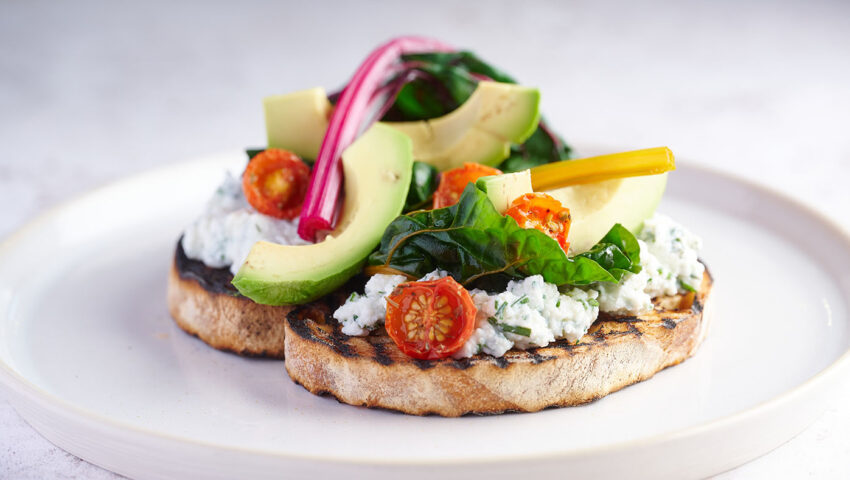Blogs
Nutritional support for Ramadan

As the holy month of Ramadan approaches, Muslims around the globe prepare to embark on a spiritual journey marked by fasting, prayer and reflection. This is an important time of year that takes place during the 9th month of the Islamic calendar.
Abstaining from food and drink from dawn (suhoor) until sunset (iftar) is a key tenet of Ramadan, it’s crucial to ensure your body receives the nourishment it needs to stay healthy and energised throughout this period.
Nutrition Tips for Suhoor (Pre-dawn Meal)
Suhoor is vital for providing sustained energy throughout the day. Look to include:
- Wholegrains for slow and lasting energy release.
- Protein sources such as eggs, yogurt, lean meats, beans and other pulses to help you feel fuller for longer.
- Hydrating fruits like watermelon, oranges or berries to replenish fluids.
- Healthy fats from avocados, nuts or seeds to support brain function and keep you feeling satisfied.
Hydration
Staying hydrated is vital during Ramadan, especially when fasting for long hours. Aim to drink plenty of water during non-fasting hours, focusing on hydrating fluids like water, herbal teas, and hydrating fruits and vegetables.
Breaking the Fast
Iftar, the meal to break the fast, which often begins with dates and water. After breaking your fast, consume a balanced meal consisting of carbohydrates, proteins, healthy fats, and plenty of hydrating fluids.
Nutritious Iftar Options
- Homemade soups and salads for hydration and essential nutrients.
- Grilled or baked lean meats, fish, or tofu for protein.
- Whole grains like brown rice or quinoa for sustained energy release.
- Fresh fruits and vegetables for vitamins, minerals, and hydration.
- Dairy or plant-based alternatives for calcium and vitamin D
Moderation and Balance
While enjoying festive foods and treats during Ramadan is part of the tradition, it’s essential to practice moderation and balance to maintain overall health.The quality of an individual’s diet is important especially during Ramadan, as you only have a short time to consume the essential nutrients and fluids the body needs to be healthy. Opt for nutrient-dense foods whenever possible and be mindful of portion sizes to prevent overeating. By prioritising nutrition and hydration during this sacred month, you can ensure your body remains nourished, energised, and ready to fully embrace the blessings of Ramadan.
Dishes to Enjoy
Here are a couple of great dishes that are easy to make and will be loved by all.




